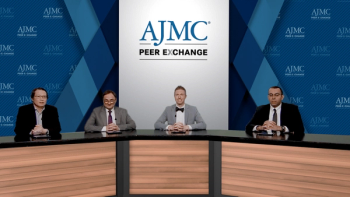
Panelists discuss the future of NF1-associated plexiform neurofibromas management, highlighting the potential for advances in targeted therapies, gene therapies, and personalized medicine to offer more effective, tailored treatments, while emphasizing early detection, improved imaging, and a greater focus on quality of life through psychosocial support, pain management, and functional rehabilitation.




